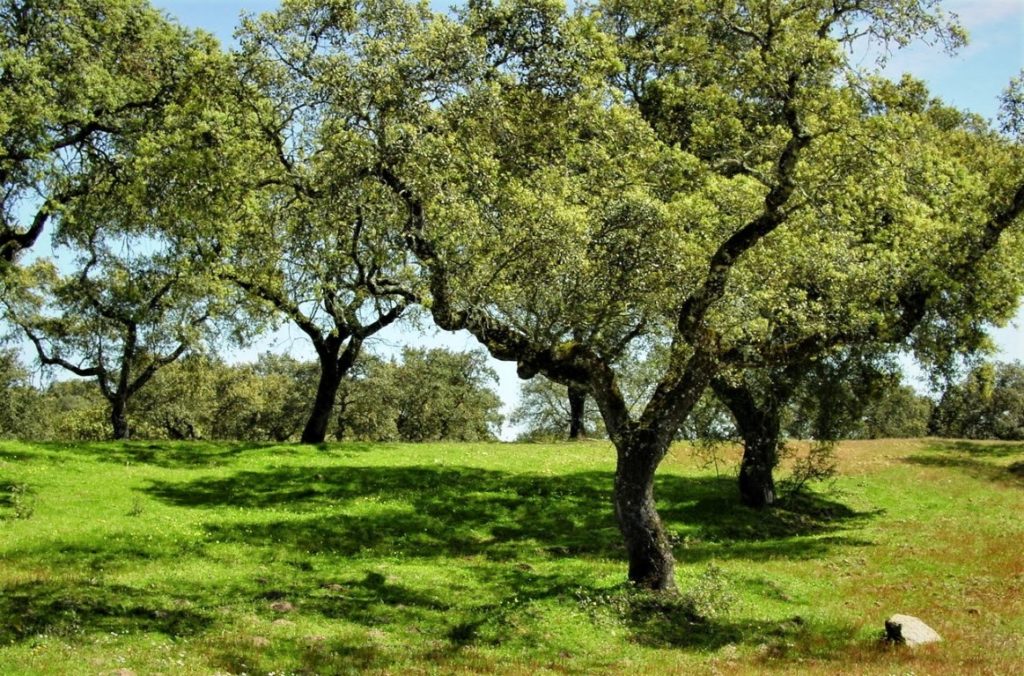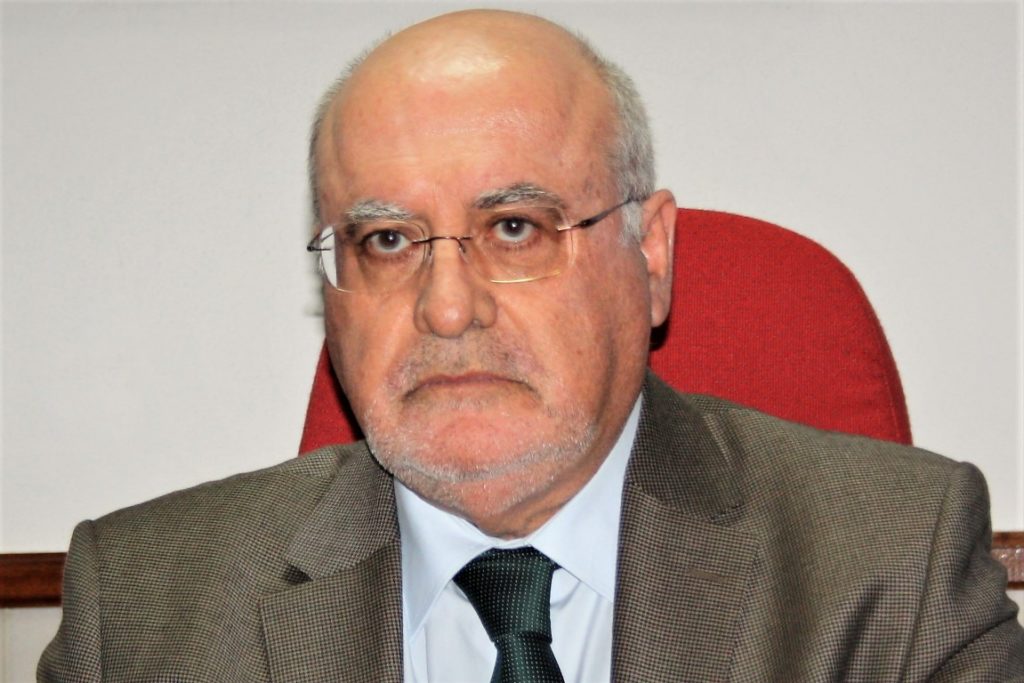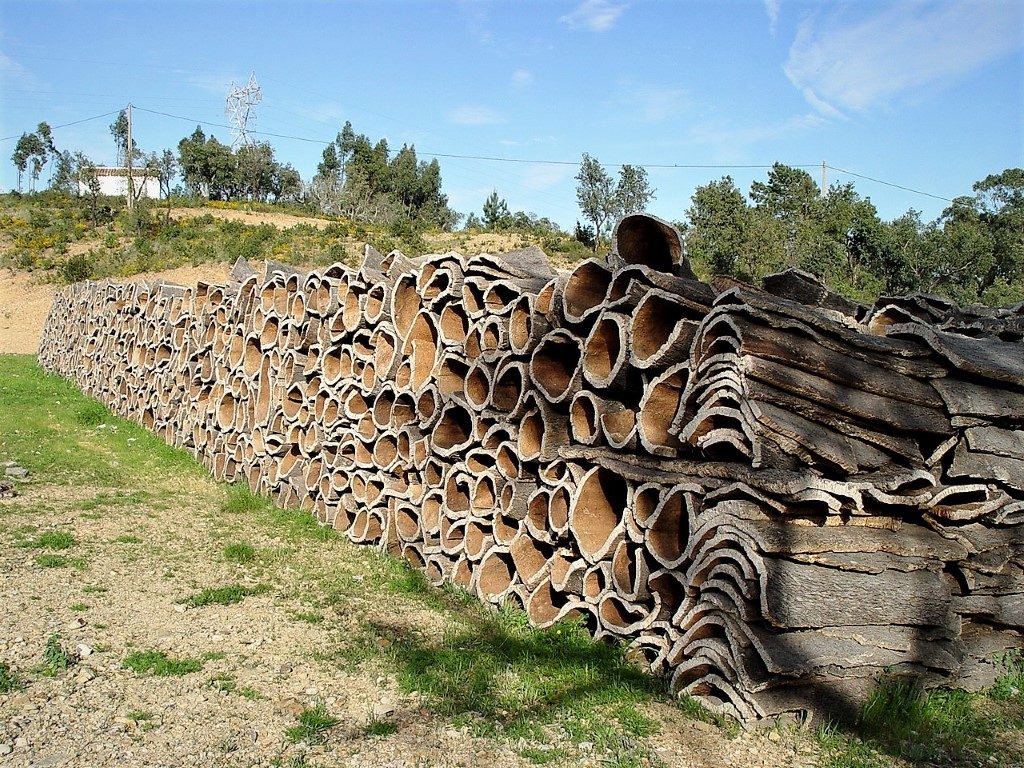 These are the first steps towards the Portuguese Forest Reform and there are even a dozen pre-approved diplomas to start the process, but the Government does not want to go forward without having "a general consensus" on this process, which will be (very) long term and “work for more than a generation”.
These are the first steps towards the Portuguese Forest Reform and there are even a dozen pre-approved diplomas to start the process, but the Government does not want to go forward without having "a general consensus" on this process, which will be (very) long term and “work for more than a generation”.
The minister of Agriculture Capoulas Santos was this Monday in São Brás de Alportel, accompanied by the secretary of State of Forests and Rural Development Amândio Torres, to present the Government's project for the forest and gather contributions to improve it.
The population and entities of the country are called to say their justice about ten diplomas pre-approved by the Council of Ministers, in October, which resulted from the joint work of eight ministries. Until the 31st of January, there will be a period of public consultation, with contributions that can be made online, and dissemination sessions are being promoted in different parts of the country.
The Algarve was visited yesterday and there were many who made a point of attending the session, including mayors, association leaders, academics, industry professionals and the population in general. The Hall of São Brás de Alportel, where the event was transferred due to technical difficulties at the São Brás Cineteatro, was small to accommodate the approximately 180 people who accepted the Government's challenge to listen, but also to talk about the Reform of the forest.
The diplomas approved in October and now under discussion address several key issues related to the forest, such as the management of these areas, the land registry and ownership of forest properties and, of course, the defense of the forest.
The Government's proposals are the result of task force of members of the Government formed by Prime Minister António Costa in August, at a time when forest fires were once again reminding us of the need to move forward with structural measures that allow reversing a negative cycle for the Portuguese forest, whose area has been decreasing ( «unique case in Europe») and faces serious problems, which lead to disinvestment and potentiate desertification.
 Among the diplomas presented, which «are intended to be a beginning and not to solve all the problems of the Portuguese forest», as Capoulas Santos illustrated, those that create the figure of the Forest Management Society and grant them tax and other benefits as an incentive stand out. .
Among the diplomas presented, which «are intended to be a beginning and not to solve all the problems of the Portuguese forest», as Capoulas Santos illustrated, those that create the figure of the Forest Management Society and grant them tax and other benefits as an incentive stand out. .
The FMS intend to be “a step further” from what already exists today, namely the Forest Intervention Zones (ZIF) – which will also undergo changes. The big difference is that the companies will be entities of a business nature, with a commercial purpose, "hence the tax incentives".
«The central issue is the professional management of the forest, because we do not have professional management, even in many forest areas in the country. In other words, we have abandoned heritage, which does not generate wealth, which does not create jobs and which, on top of that, fuels forest fires. What we want is to reduce the risk and that can only be achieved with professional management», believes the minister of Agriculture.
The societies to be created, under the law now under public discussion, will be called upon to manage “not necessarily contiguous” forest areas, with land that will be leased to them (the right to land ownership is not recognised). Land owners can still be members of the SGF.
Here, we come to another of the great problems of the Portuguese forest: after all, who owns the land? In a country marked by the dispersion of land ownership and small property, this is a complicated job, not least because, often, the owners themselves do not know that they are.
To try to resolve this issue once and for all, the Government will simplify the process and open a period in which the claim for title to land can be made free of charge, which will last until December 31, 2018. After this period, unclaimed land will be considered to be assets without a known owner and will be provisionally registered in favor of the State. If, in the next 15 years, no one claims them, they revert, definitively, to the State.
Still, it won't be necessary to wait nearly two decades to put these properties to yield. The land without a known owner will be included in the Land Exchange, which will be created by another of the diplomas under discussion, adding to the assets that the State already holds, but which is not being monetized.
The lease of these lands can be requested by any forester, but “priority will be given to Forest Management Societies”.

The Government also announced that it wants to give more competences in the area of forest management to municipalities that show interest and show that they have the conditions to do so. One of the new attributions is related to the construction of small biomass power plants, with a maximum capacity of 60 MW, which make it possible to respond to the needs of small territorial areas. The installation licenses will be given to Chambers yet to be defined, which will be able to proceed with the construction of the units themselves or to grant them concessions.
But, to gain more skills, the municipalities will first have to integrate into their PDM the guidelines of the Regional Forest Planning Programs, instruments for spatial planning currently under development and which should be ready within a few months. In other words, the Chamber cannot deviate from what is determined in the PROF of its region.
The diplomas on which the Portuguese can pronounce themselves also touch on themes such as afforestation and reforestation, with the Government's express intention to curb the expansion of eucalyptus. Another strong theme is the Forest Defense against Fires, with measures at the level of the defense system itself, but also with regard to controlled fire (burning).
Out of the public consultation, two diplomas were approved at the same time, the one that increases the State's annual contribution to the Sapadores Florestais Teams from 35 to 40 thousand euros and the other relating to the Peneda Gerês Natural Park.
«Today, we have less forest, more vulnerability and low productivity. With these measures, we intend to invert this sentence, so that we have more forest, less vulnerability and high productivity», summarized Amândio Torres, responsible for making a more in-depth presentation of the ten diplomas and the strategy recommended by the Government for the forest.


















Comments